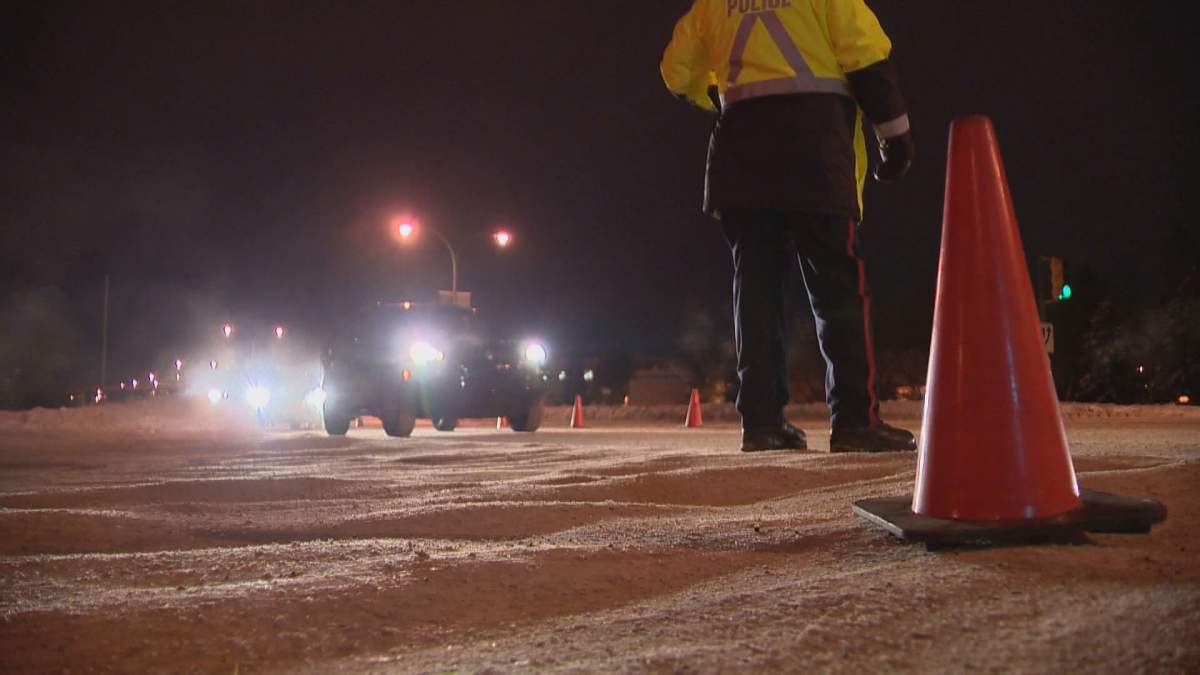As Ottawa proceeds with sweeping changes to Canada’s impaired driving laws, the Alberta Court of Appeal has issued a timely reminder about such laws respecting the Charter of Rights and Freedoms.

That doesn’t mean that the Charter poses a barrier to effective legislation to deal with the problem of impaired driving – quite the opposite. Moreover, though, it shouldn’t mean that the rights of an accused can be trampled upon in the name of public safety.
On Thursday, the Alberta Court of Appeal struck down a provision of the province’s impaired driving legislation, which came into force in 2012. The law mandated that anyone criminal charged with an alcohol-related driving offence would have their licence suspended until their case was resolved.
Of course, for anyone intending to go to trial, that could mean no licence for upwards of a year or more. As such, numerous legal experts warned almost immediately that the Alberta government was on shaky Charter grounds.
Not only did this take away the presumption of innocence by imposing a punishment on an accused, it also seemed pretty clear that the intent was to coerce an accused into pleading guilty. And that is indeed what the court found.
- Owners of Calgary jewelry store say they were scammed thousands during POS purchase
- Calgary man in life-threatening condition after crash involving motorized scooter
- ‘Difficult news’ as Imperial announces speedier shutdown of N.W.T. oilfield
- Calgary police tight-lipped on investigation into suspicious deaths in Redstone
The ruling states that the “violation of the fundamental constitutional rights of all accused drivers under SS. 7 and 11 (d) of the Charter (…) is clear, broad and significantly deleterious.”

Get daily National news
One of those who had challenged the law was Daniel Sahaluk, who was criminally charged in September of 2012 with refusing to provide a breath sample. Sahaluk was unable to properly give a breath sample due to a respiratory condition, but told police he would instead provide a blood sample. His pleas were ignored.
Clearly Sahaluk had a strong case to argue, and indeed the charge was thrown out seven months later. But there was no undoing the punishment already imposed, a punishment that Sahaluk says cost him his livelihood.
Trying to reduce the death and carnage caused by impaired driving is a noble goal, but as the court noted, “there must be a limit” to how far such laws can go. And the Charter spells out what those limits are.
We could be facing similar issues now with the Liberals proposed Bill C-46, only this time it’s Section 8 of the Charter (the right to be secure against unreasonable search or seizure), as opposed to 7 and 11. Ostensibly, the bill is to spell out thresholds and penalties for marijuana-impaired driving, but it includes a number of other changes.
As it stands now, police need a “reasonable suspicion” of alcohol consumption before demanding a motorist provide a breath sample. The legislation would drop that requirement.
The Liberals have tried to argue that demanding a breath sample is the same as demanding a driver produce his licence, but a breath sample quite clearly constitutes a search.
In a landmark 1995 ruling, the court declared that the requirement of establishing reasonable and probable grounds “is not only a statutory precondition to a breathalyzer demand but also a touchstone of the Charter … under s. 8.”
Moreover, in 2008 the Supreme Court of Canada ruled – in two separate cases – that the random use of drug-sniffing dogs constituted a violation of Section 8 of the Charter. One of those cases involved a situation at a high school. Keeping drugs out of schools would also be a noble goal, but that doesn’t give authorities a shortcut to bypass the Charter.
It’s not hard to see how the principles in those cases could also apply to the breathalyzer changes proposed in Bill C-46.
Constitutional rights exist for a reason. It’s bad enough that governments are crafting laws that skirt these limits in the first place, and it compounds the problem when we have to consume so much time and resources by having the courts rule on these matters.
Governments can and should do better. It’s not too much to ask.
Rob Breakenridge is host of “Afternoons with Rob Breakenridge” on Calgary’s NewsTalk 770 and a commentator for Global News.








Comments